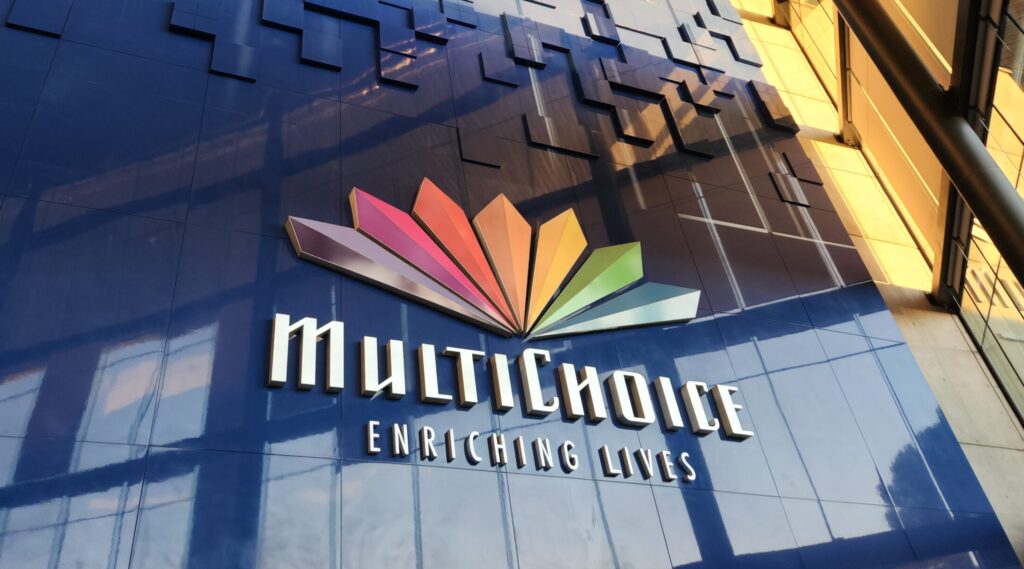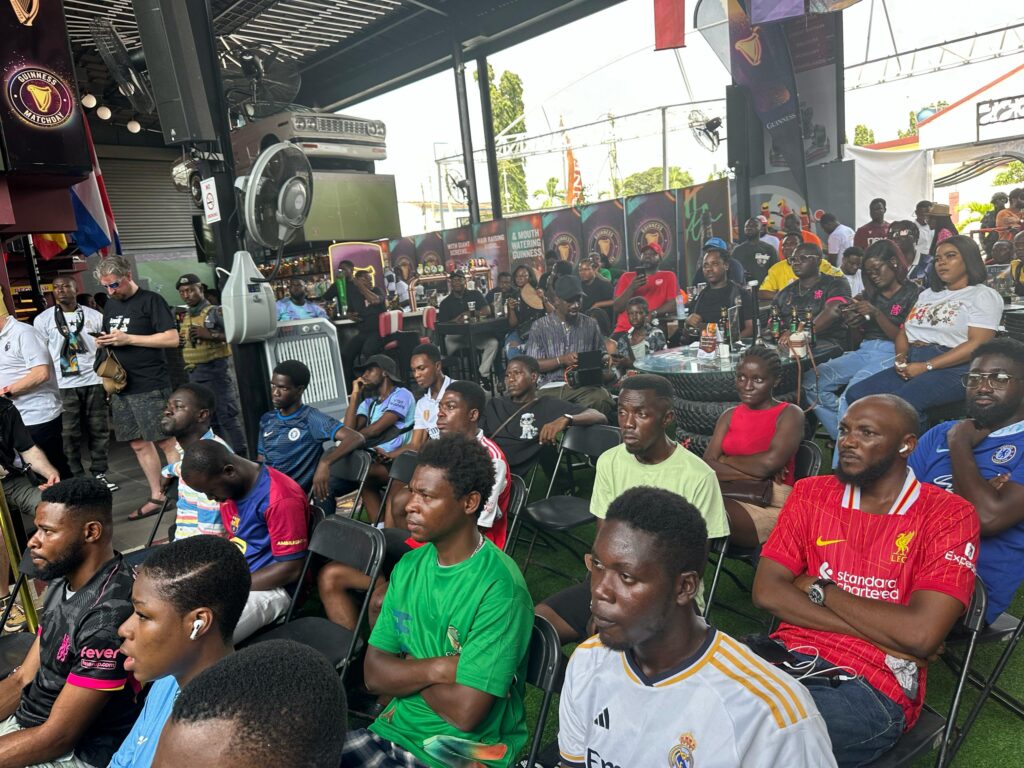On Friday, 5th September 2025, Ghana’s Minister of Communication, Sam George, posted a message on his X page, after the Multichoice company put out a statement clarifying that they had not yet agreed to a price cut of their services.
“No company is above the law. When MultiChoice is ready to discuss price reduction, they can come to the negotiation table. Until then, there is nothing for us to meet over. The National Communication Authority would carry out enforcement.”
Earlier that day, Mr George, in a press briefing, announced that Multichoice or DStv had agreed to be a part of a pricing committee which would review pricing and reduce its service.
Some have criticised the Minister’s approach to the whole situation, with concerns of government overreach.
“The whole situation is crazy, and makes me deeply concerned about how else the government is going to overreach,” they said.
Others applauded the Minister for his threat of suspending Multichoice’s license, citing unfavorable price increases.
“The government has to do something. Stand up to the owner and for the citizens. The continued rise in price is too much. Something needs to be done,” they said.
Since 2019, the company has increased its Compact subscription package by 171% while its Premium package has increased by 92%. The company blamed the increases on worsening economic conditions, including a rapidly depreciating Ghanaian Cedi.
For years, DStv — the satellite television service operated by MultiChoice Ghana — has been a staple in homes nationwide, beaming English Premier League matches, US movies, and international news into local bars and living rooms.
What began as a government push for affordability has evolved into a broader examination of Ghana’s media ecosystem, revealing vulnerabilities in consumer access and the influence of foreign media giants in Ghana’s digital landscape.
The Spark of the Dispute
The conflict ignited earlier this year when MultiChoice implemented a 15 percent price hike in April 2025, citing rising operational costs tied to currency fluctuations and content acquisition.
Ghana’s cedi had depreciated sharply against the dollar over the past decade, but by mid-2025, it had appreciated by about 30 percent, prompting Communications Minister Samuel George to demand a corresponding reduction in fees.
“Ghanaians have been cheated for years,” Mr. George declared in a public statement, accusing MultiChoice of exploiting economic volatility while ignoring consumer hardships.

MultiChoice, a subsidiary of the South African media conglomerate now under acquisition by France’s Canal+, rebuffed the 30 percent cut as “not tenable,” arguing that it would compromise service quality and sustainability.
By August 8, 2025, the National Communications Authority (NCA), the country’s media regulator, issued a suspension notice, giving MultiChoice 30 days to comply or face revocation.
Daily fines of 10,000 Ghanaian cedis (about $650) also began accruing from August 15 for non-submission of pricing data.
Potential Job Losses and Halting of Local Production
What happens if DStv goes offline?
There is a probability that Multichoice employees could lose their jobs or be placed on temporary suspension if the company’s license to broadcast is revoked.
There are no official records, but it’s estimated that Multichoice employs about 100 – 200 employees around the country.
The company also supports thousands more through a network of installers, agents, and retailers, who could be left out in the lurch.

It has invested in local content production and advertising, injecting millions into the local economy annually.
The loss of DStv could hamper the future production of local Ghanaian content.
Viewers in the Crossfire
Will the loss of DStv affect ordinary Ghanaian consumers? That depends on who you ask.
Multichoice has not shared official viewership numbers in Ghana. However, its website notes the company has sold over one million digital boxes in the country, suggesting a subscriber base of one million or more.
But with price increases and Ghana’s economic conditions, the number of subscribers can be estimated to be below one million.
Football and sports fans, who form a core subscriber base, have relied on the service for live English Premier League broadcasts — a cultural lifeline in a nation obsessed with the sport.
A loss of service could see bars and drinking spots see less foot traffic with the unavailability of football games.

Alternatives exist, but they are fragmented. Streaming services like Netflix, Amazon Prime, and YouTube Premium offer some on-demand content, but lag in live sports, especially football.
Android TV boxes and free platforms like Pluto TV provide budget options, though reliability and legality vary.
A Bad Precedent?
Ghana’s media sector, already transitioning to digital, could see accelerated change without DStv. Local broadcasters like GTV and JoyNews might gain viewership, boosting homegrown content.
However, the dispute underscores broader regulatory risks for foreign investors in Africa, potentially deterring future entrants and stifling innovation.
One user whom The Labari Journal spoke to was concerned that this episode with DStv could set a bad precedent.
“It is deeply disturbing that the government is attempting to dictate pricing to private companies,” they said.
“Will the government decide the price of every single service, for every single company? What happens when the government informs you about the “correct” prices for your products, uncaring of whether those prices, you might be unable to keep the business afloat?”
Others have called for alternative ways to deal with this dispute, including looking at consumer protection laws and competition laws, which would create a better environment to compete against DStv.
Multichoice, the NCA, and the Minister agreed to stakeholder meetings to agree on a set price. A decision is expected to be reached in 14 days.
Whether DStv stays or goes, the episode may redefine how investors and even customers choose to spend their money on content.





